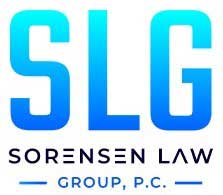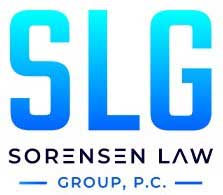As a California employer, you may require your employees to sign a nondisclosure agreement upon hiring. If a worker signs an NDA, he or she agrees to refrain from sharing information protected under the agreement with anyone who is not permitted to have access to the information. As a business owner, you might also use an NDA if you are selling your company and are meeting with interested parties to negotiate or discuss a deal.
A properly drafted and executed NDA is enforceable in court. In most cases, “properly” means that both parties (employer or business owner and prospective employee or other individual or group) must have something to gain by securing the agreement. If you’re an employer, you gain the protection of proprietary information. An employee gains continued employment.
Ambiguity or vagueness may invalidate an NDA
As is the case with all contracts, the terminology used in an NDA is a factor that determines whether it is enforceable. When reviewing a contract, you’ll want to make sure its terms are clear, concise and understood by all parties. If it is vague or there are multiple interpretations possible for a specific clause in the agreement, it may be difficult to prove that a breach of contract has occurred.
Never ask an employee to do something illegal
An NDA would not be enforceable if it requires a worker to refrain from reporting an issue that he or she is legally required to report. If you ask an employee to ignore a legal duty, you cannot expect a court to enforce the contract. The best way to avoid legal problems regarding an NDA or other type of employment contract is to ask an experienced attorney to review an agreement before signing.

